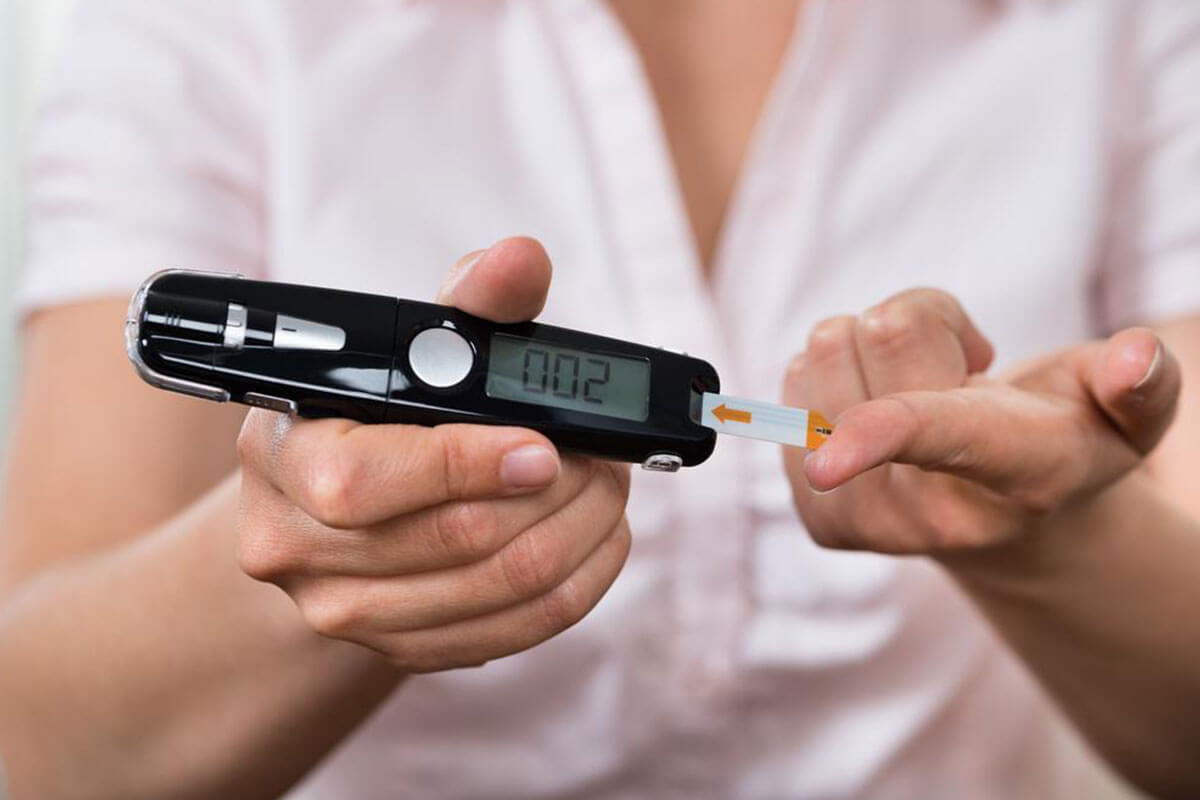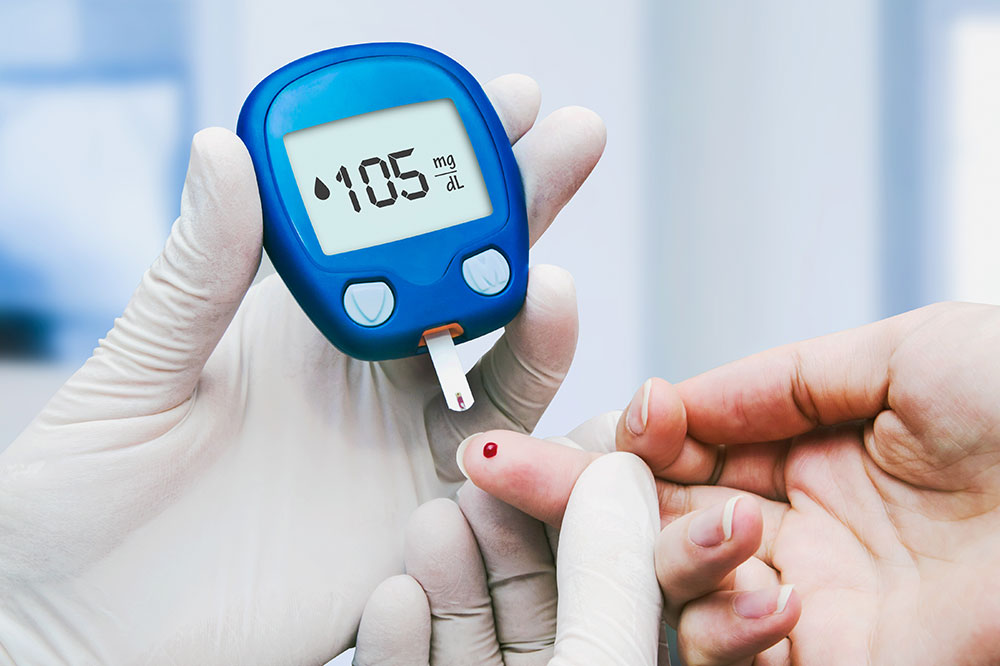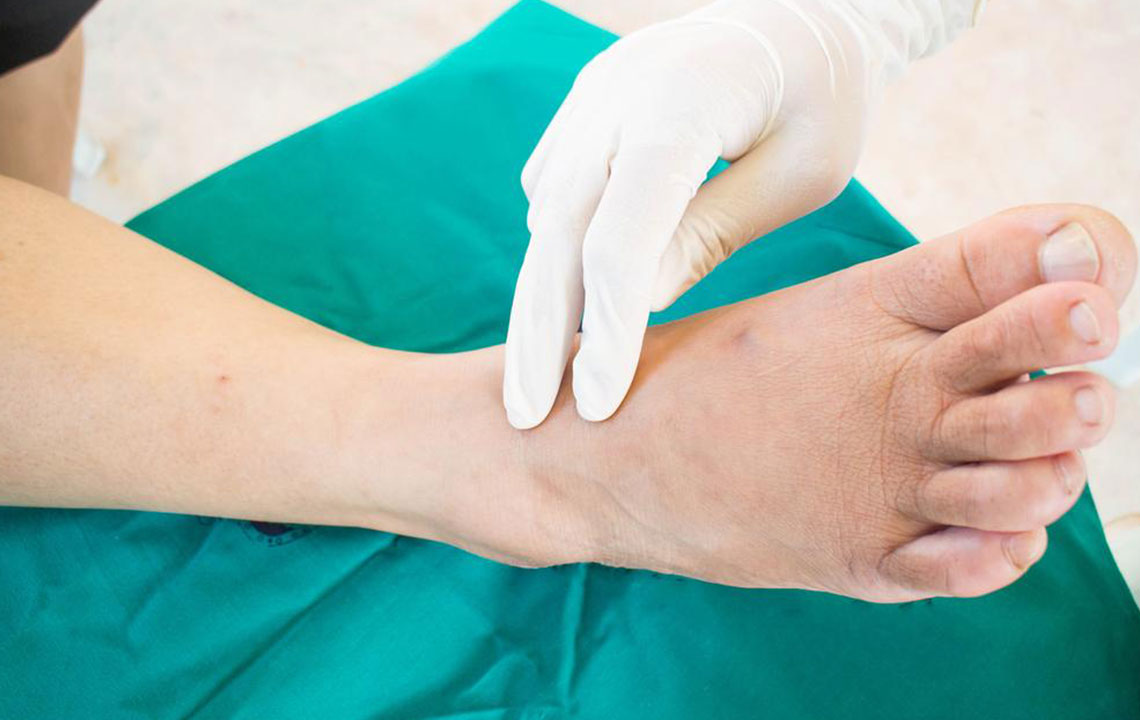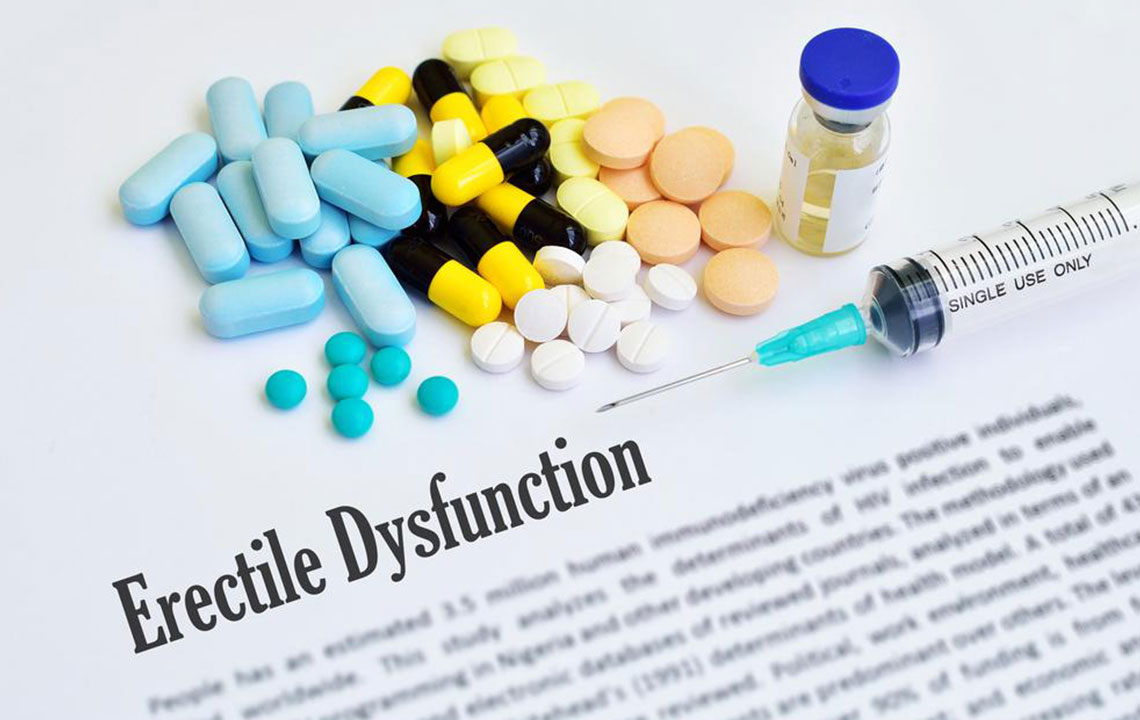Things You Should Know About Diabetes Impotence.
Until recently erectile dysfunction or impotence was one of the most ignored and neglected complications of diabetes. The rate for diabetes impotence has increased over the past couple of years and it’s a clear indication that one must understand the adverse effects of diabetes and how it plays a major role in causing a condition called sexual dysfunction in both men and women.
Men with diabetes are more likely to suffer from erectile dysfunction or impotence especially in cases where diabetes is not controlled by the patient.

Exploring the Link between Diabetes-Impotence
Diabetes impotence is a condition that can impact both men and women, hence it’s important to understand that both sexes should take conscious effort in controlling diabetes to avoid sexual dysfunction or impotence. It has been proven that if diabetes is not controlled through medical measures over a long period of time, it results in the damaging of the nerves and arteries in the body. In general, the lining in the blood vessels of the bloodstream releases a chemical called nitric oxide which signals the muscles and arteries in the penis to let the blood flow, resulting in penile erection. For people with diabetes, the damaged nerves create an obstruction in the flow of blood as they block and lower the level of intravascular nitric oxide. The patient experiences loss of sensation due to the obstruction in the penis, thereby causing difficulties in sustaining rigid erection. In the case of women, diabetes impotence causes vaginal dryness that again leads to an unsatisfactory sexual experience.
Diabetes can cause several urinary infections in both sexes causing discomfort during intercourse in the case of women, while men face difficulties during urination and ejaculation. Very high blood sugar levels among diabetics can result in reduced production of testosterone, which contributes to lower sexual drive (libido) in men. At the same time, it can cause abnormal functioning of the nerves that may cause excruciating pain on the slightest touch. Neuropathy can also cause an alarming sense of pain that can turn intercourse into a very unpleasant experience.
Diabetes impotence may also manifest in the form of retrograde ejaculation . This is a condition where men diagnosed with diabetes ejaculate, and the semen travels back into the bladder instead of exiting the bladder during climax. This condition does not cause any infections or problems with orgasms, but lowers the chances of the patient reproducing.
High cholesterol is common factor contributing to diabetes impotence. Blood vessels get irritated due to high cholesterol causing problems with dilation of the blood vessels. Fat deposited on the walls of the arteries causes difficulties in the flow of blood to the penis.
Other factors that arise out of diabetes also contribute towards impotence such as high blood pressure high cholesterol, heart diseases, and medication and surgery (of the prostate, bladder or bowel etc.). Excessive smoking and consumption of alcohol can also result in impotence, especially among men. Stress, depression, and anxiety play a vital role in increasing the symptoms of erectile dysfunction.
Treatment of Diabetes Impotence
Treatment of patients with diabetes impotence may include penile vacuum erection devices, intravascular injection therapy, venous constriction devices, intra-urethral therapy, inflatable and malleable penile prosthesis and the like. The severity of the condition determines the kind of diabetic impotence treatment required for patients.
Luckily the awareness of diabetes as a common and significant condition resulting in erectile dysfunction has been increasing over the last couple of years, mainly due to the growing knowledge of male and female sexual behavior and their functioning. The best way to treat diabetes impotence is by leading a more satisfying and healthy lifestyle by adding nutrient-rich foods to your diet, especially vegetables with are rich in vitamin C and in zinc, as they are ideal for the improvement of diabetes impotence symptoms.
Keeping a close tab on the diabetes via frequent medical examinations can help improve the condition, the magic number to be on is A1C on the blood test which indicates that the blood sugar has been controlled from the past couple of months. The link between diabetes and impotence is undeniable. Seek medical help from your urologist immediately, in order to diagnose diabetes impotence at the earliest.




